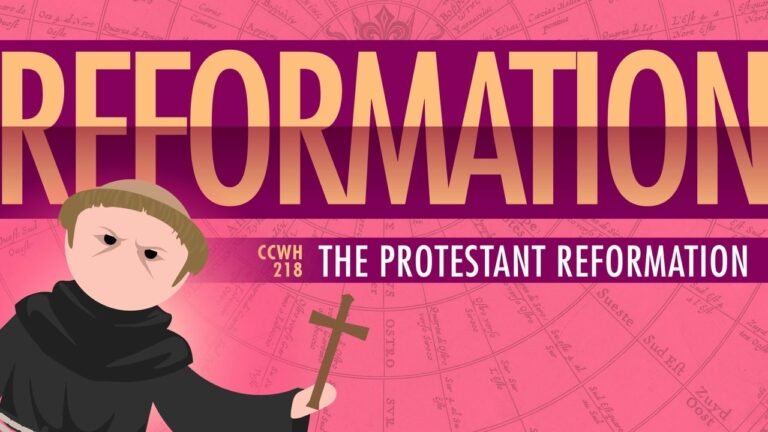Understanding Sodomizing in Biblical Context
The topic of sodomising in the Bible often sparks intense debate and varying interpretations among scholars, theologians, and lay readers alike. Rooted in ancient texts, the concept raises questions about morality, cultural context, and the evolution of societal norms. By exploring the passages and their historical significance, we can gain a deeper understanding of how these interpretations have shaped beliefs and attitudes towards sexuality throughout the ages. This article delves into the complexities of biblical references to sodomy, shedding light on their implications for contemporary discussions on ethics and human behavior.
What was the wrongdoing of Sodom?
Sodom was a city marked by its profound moral decay, characterized by pride, gluttony, and laziness, all while the poor and needy languished just beyond its gates. This arrogance and indulgence led to a culture that not only ignored the suffering around it but also reveled in detestable behaviors. Ultimately, the weight of these sins provoked a decisive reckoning, serving as a stark reminder of the consequences that arise when compassion is overshadowed by self-absorption.
What is God’s perspective on Sodom?
In the biblical narrative, God discloses to Abraham His intention to destroy Sodom and Gomorrah due to their pervasive wickedness. Abraham, demonstrating compassion, intercedes on behalf of the cities, fervently asking if the righteous would be spared from divine judgment. This poignant exchange highlights the tension between justice and mercy, ultimately focusing on the fate of Lot and his family amidst the impending doom.
What were the reasons for God’s destruction of Sodom and Gomorrah?
The destruction of Sodom and Gomorrah serves as a profound narrative about the moral decline of societies. The cities became notorious for a multitude of transgressions, including inhospitable behavior toward strangers and various forms of violence and immorality. These actions reflected a broader disregard for ethical standards and community values, ultimately provoking divine judgment.
God’s decision to destroy these cities underscores the seriousness of their collective sins, which included not only sexual immorality but also theft, idolatry, and a pervasive culture of pride and mockery. This account serves as a cautionary tale about the consequences of abandoning moral principles and highlights the importance of compassion, justice, and humility in maintaining a thriving society.
Exploring Ancient Texts and Modern Interpretations
The study of ancient texts offers a fascinating glimpse into the beliefs, values, and practices of civilizations long past. These manuscripts, whether they are sacred scriptures, philosophical treatises, or historical records, serve as vital windows into the human experience. By examining the language, context, and content of these works, scholars can unravel the complexities of ancient societies and their worldviews, enriching our understanding of humanity’s shared heritage.
Modern interpretations of these texts often breathe new life into their messages, revealing relevance in contemporary issues. As we grapple with questions of ethics, identity, and existence, the wisdom contained within these ancient writings can provide profound insights. Scholars and thinkers today engage with these texts not just to decode their meaning, but to apply their teachings to modern dilemmas, fostering a dialogue between the past and present that transcends time.
This intersection of ancient wisdom and modern thought invites a diverse audience to explore and reflect on their own beliefs and values. By bridging the gap between eras, we can appreciate how historical narratives continue to shape our understanding of the world. Ultimately, the ongoing exploration of ancient texts encourages us to contemplate not only where we come from but also where we are headed, inspiring a collective journey of discovery and growth.
The Historical Significance of Sodom in Scripture
Sodom, often synonymous with moral decay and divine judgment, holds a pivotal place in biblical history, serving as a potent symbol of the consequences of sin. Its narrative, primarily found in the Book of Genesis, illustrates the stark contrast between righteousness and depravity, emphasizing the importance of moral integrity. The destruction of Sodom and its neighboring city, Gomorrah, is not merely a tale of punishment but a profound lesson on the necessity of upholding ethical standards in society. This ancient story continues to resonate today, prompting reflections on justice, compassion, and the enduring struggle against societal corruption.
Unpacking the Myths: Sodom’s Legacy Today
The legacy of Sodom, often shrouded in controversy and misunderstanding, continues to provoke thought and debate in contemporary society. Traditionally viewed through a lens of moral judgment, Sodom’s historical narrative invites a deeper exploration of themes such as hospitality, community, and the consequences of societal norms. By dissecting the myths surrounding this ancient city, we uncover a more nuanced understanding of its significance, challenging the binary perspectives that have long dominated discussions about its fate.
Today, Sodom’s legacy serves as a mirror reflecting modern issues of intolerance, discrimination, and the struggle for inclusivity. As we grapple with the lessons of the past, Sodom becomes a powerful symbol for advocates of compassion and acceptance. By engaging with its story, we encourage a re-examination of our values, urging society to build bridges rather than walls, and fostering a culture that celebrates diversity instead of fearing it.
Sexual Ethics and Theology: A Biblical Perspective
Sexual ethics, rooted in biblical teachings, offers a profound framework for understanding human relationships and moral conduct. At the core of this perspective is the belief that sexuality is a gift from God, intended for expression within the sanctity of marriage. This context not only elevates the act of intimacy but also encourages mutual respect, love, and commitment between partners, reflecting the divine nature of connection designed by the Creator.
The Bible emphasizes the importance of fidelity, consent, and the sacredness of the marital bond. By promoting values such as respect and responsibility, scriptural teachings guide individuals towards making choices that honor both themselves and their partners. This ethical approach addresses the complexities of human desires while providing a clear moral compass that navigates the often turbulent waters of relationships, urging believers to seek alignment with their faith in their sexual lives.
Moreover, the teachings surrounding sexual ethics within the Bible offer hope and redemption, acknowledging human frailty while encouraging a path toward healing and restoration. By embracing these principles, individuals can cultivate healthier relationships that not only satisfy personal desires but also reflect a commitment to spiritual growth and community well-being. In this way, sexual ethics and theology converge, inviting believers to explore a holistic understanding of love, sexuality, and divine purpose.
The exploration of sodomising in the Bible reveals complex layers of interpretation and historical context that extend far beyond simplistic readings. By examining the cultural and theological nuances, we uncover a broader dialogue about morality, human relationships, and the evolving understanding of sexuality. This critical analysis invites readers to reflect on the implications of scripture in contemporary discussions, fostering a more inclusive and informed perspective on biblical texts.







